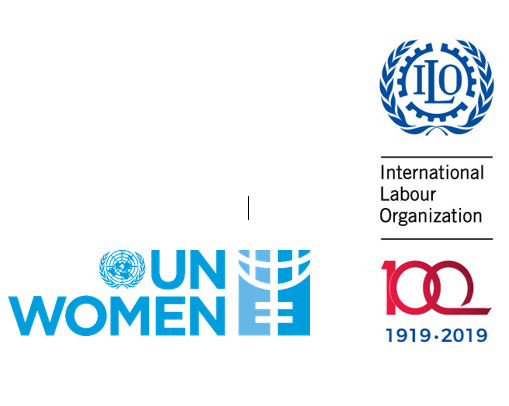The world of work has a key role to play in changing power relations, social norms, beliefs, attitudes and behaviours that lead to and sustain gender inequality and violence and harassment against women, and is an important entry point for the prevention of violence and harassment against women in society more broadly. This is reflected in the inter-agency prevention framework led by UN Women, bringing together the latest evidence base for a coordinated approach to the prevention of violence against women, including at work (UN Women, 2015a).
The UN Secretary-General’s High-Level Panel on Women’s Economic Empowerment lists adverse social norms as one of four major systemic constraints that contribute to persistent gaps in women’s economic opportunities (United Nations Secretary General, 2016). The other three constraints are discriminatory laws and lack of legal protection, the failure to recognize, reduce and redistribute unpaid household work and care, and a lack of access to finance, information and communication technologies, property and other assets.
A transformative approach aims to provide opportunities for women and men to actively challenge these norms through attitudinal and behaviour change, and to seek solutions to underlying gender and power inequalities, enabling women to work and live without fear of discrimination or violence and harassment.
